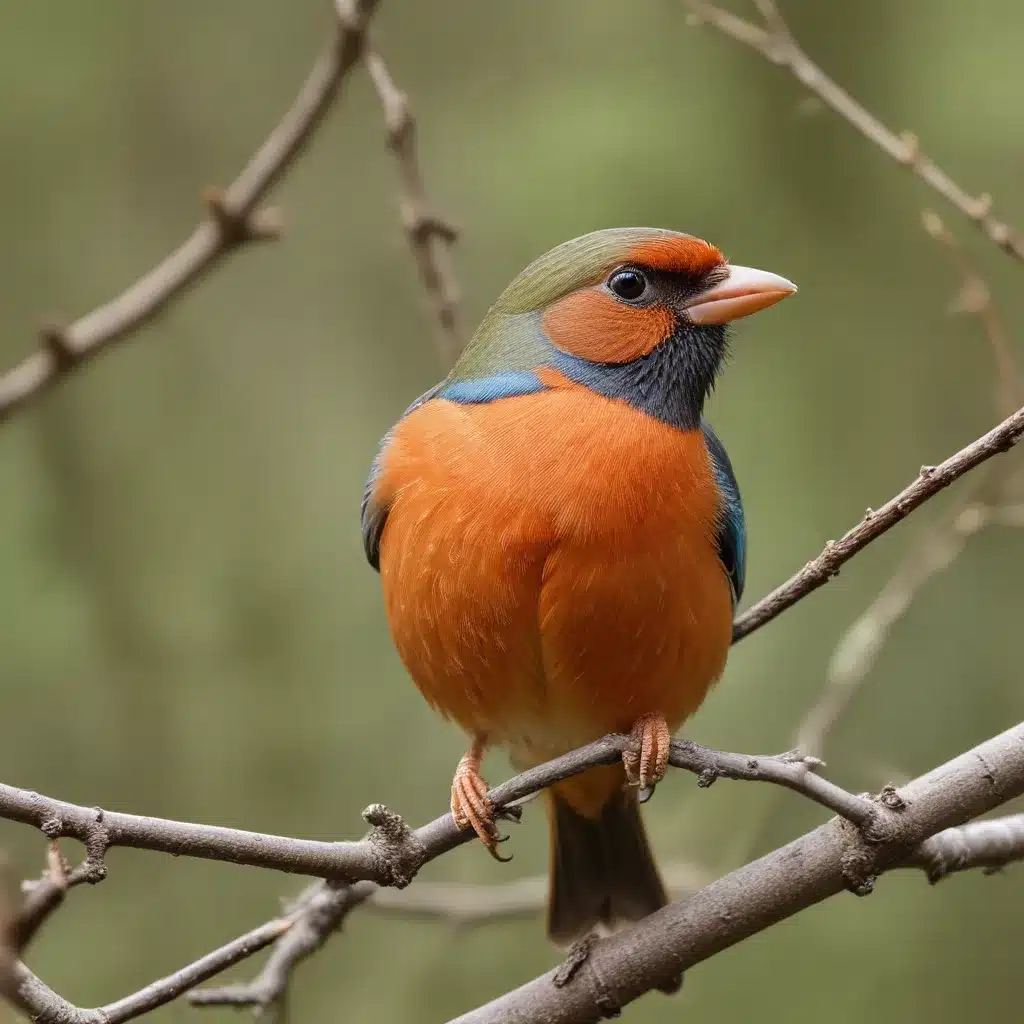
As an experienced avian caretaker and expert in bird species, breeding, care, habitat setup, nutrition, health, training, exotic species management, behavior interpretation, adoption practices, enrichment techniques, safety protocols, seasonal care, FAQs, customer testimonials, bird rescue, product assessments, travel advice, and debunking myths, I’m here to provide you with the most up-to-date and accurate information about caring for our feathered friends.
Avian Species Diversity
Common Companion Bird Breeds
The avian world is vast and diverse, with hundreds of species that make wonderful companions. Some of the most popular pet bird breeds include parrots, cockatoos, macaws, cockatriels, parakeets, lovebirds, conures, and cockatiels. Each species has its own unique personality, care requirements, and considerations. It’s important to thoroughly research any potential bird breed before bringing one into your home.
Wild Bird Populations
While many people focus on domestic, companion birds, it’s crucial to also be mindful of wild bird populations. Unfortunately, many species face threats from habitat loss, climate change, pollution, and other human-caused factors. Responsible bird owners can support conservation efforts by avoiding the wild bird trade, reporting illegal activity, and advocating for stronger environmental protections.
Endangered Bird Conservation
Some of the world’s most vulnerable bird species, like the Hawaiian honeycreeper and the California condor, are on the brink of extinction. Specialized breeding programs, anti-poaching initiatives, and habitat restoration projects are all critical to safeguarding these precious creatures. As bird enthusiasts, we have a duty to educate ourselves and contribute to these vital conservation efforts.
Bird Nutrition and Dietary Needs
Appropriate Food Sources
A balanced, species-appropriate diet is essential for a bird’s overall health and well-being. Contrary to popular belief, birds should not be fed only seed-based diets, as these are often high in fat and low in essential nutrients. Instead, a diet rich in fresh fruits, vegetables, and high-quality pellets or formulated feeds is recommended.
Vitamin and Mineral Supplementation
While a well-rounded diet should provide most of the necessary vitamins and minerals, some birds may require additional supplements, especially during molting, breeding, or illness. It’s important to consult with an avian veterinarian to determine the appropriate supplementation regimen for your feathered friend.
Hydration Requirements
Proper hydration is crucial for birds, as they are susceptible to dehydration. Ensure that your bird has access to clean, fresh water at all times, and consider offering additional sources of moisture, such as misting or bathing opportunities, to keep them well-hydrated.
Bird Behavior and Enrichment
Natural Nesting Behaviors
Many birds, especially those in the parrot family, have strong nesting instincts. Providing appropriate nesting materials and nest boxes can help fulfill these natural behaviors and reduce stress and boredom. However, it’s important to monitor nesting activity, as some species may become overly territorial or aggressive during this time.
Cognitive Stimulation Techniques
Birds are highly intelligent creatures and require mental stimulation to thrive. Offering a variety of toys, puzzles, and training exercises can help keep your feathered companion engaged and enriched. Rotate their toys regularly to prevent boredom, and consider incorporating clicker training or other positive reinforcement techniques.
Physical Activity Needs
Just like us, birds need regular physical activity to maintain their health and well-being. Provide ample space for your bird to fly, climb, and explore, and consider introducing new perches, ladders, or other interactive elements to their habitat to encourage movement and exercise.
Common Bird Health Concerns
Recognizing Signs of Illness
Vigilance is key when it comes to bird health. Be on the lookout for signs of illness, such as changes in appetite, lethargy, abnormal droppings, or feather quality. Regularly monitoring your bird’s behavior and seeking prompt veterinary care at the first sign of concern can help prevent serious health issues.
Preventative Veterinary Care
Regular check-ups with an avian veterinarian are crucial for maintaining your bird’s health. These professionals can provide valuable guidance on preventative care, including nail trims, wing trims, and routine wellness exams. Staying proactive about your bird’s healthcare can help catch and address problems before they become more severe.
Injury Treatment and Recovery
Despite our best efforts, accidents and injuries can sometimes happen. If your bird sustains an injury, it’s essential to remain calm, provide immediate first aid, and seek professional veterinary attention as soon as possible. With proper treatment and a supportive environment, many birds can make a full recovery.
Responsible Bird Ownership
Habitat and Environmental Factors
Creating a safe, stimulating, and species-appropriate habitat is a fundamental aspect of responsible bird ownership. This includes providing the right size cage or aviary, appropriate perches, hiding spots, and enrichment elements. Additionally, maintaining proper temperature, humidity, and lighting conditions is crucial for your bird’s well-being.
Socialization and Handling
Birds are highly social creatures, and they thrive on positive interactions with their human caretakers. Invest time in gentle, patient socialization and handling, and be mindful of your bird’s comfort level and body language. Avoid punitive or aggressive handling, as this can lead to fear, stress, and potentially dangerous behaviors.
Long-Term Commitment
Owning a bird is a long-term commitment that should not be taken lightly. Many bird species can live for decades, so prospective owners must be prepared to provide a lifetime of care, attention, and companionship. Researching the specific needs and lifespan of your desired bird breed is essential before making the decision to welcome a feathered friend into your home.
By separating fact from fiction and staying informed about the latest avian research and best practices, you can ensure that your bird enjoys a happy, healthy, and enriching life. Remember, the team at Mika Birds Farm is always here to provide additional guidance, support, and resources to help you become the best bird parent you can be.


